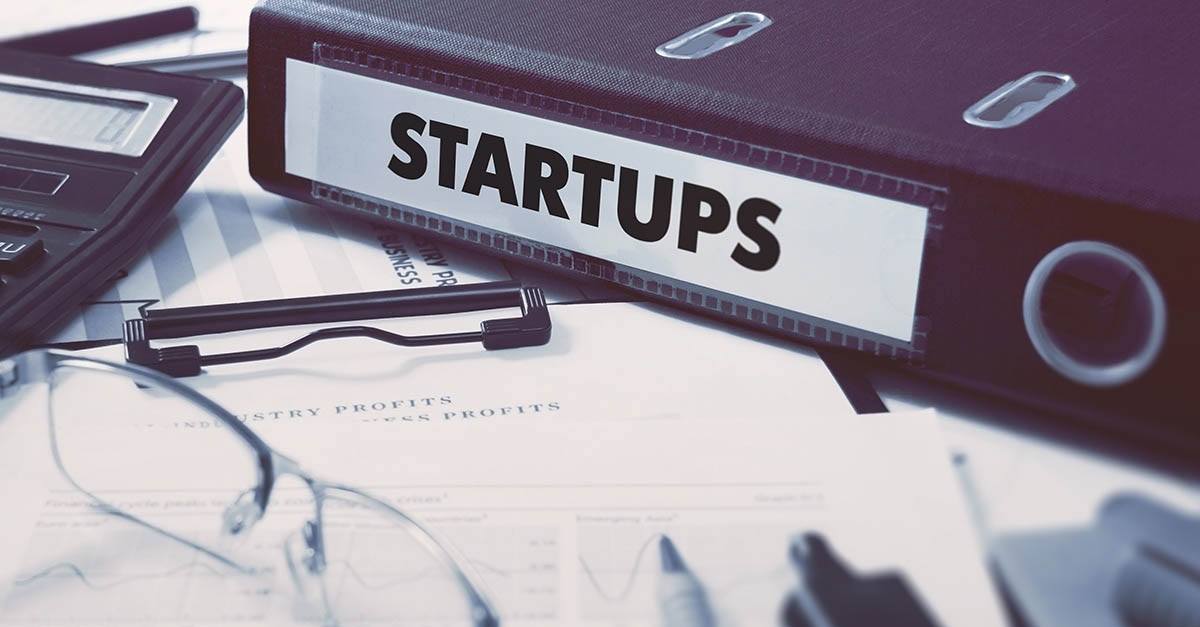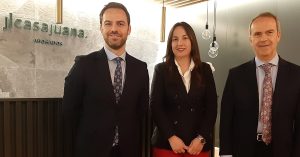Startup Law, key to promoting entrepreneurship

The newspaper CINCO DÍAS echoes an interview with JLCASAJUANA’s partner, José Luis Casajuana Ortiz, asked about the purpose of the draft Law on Startups. We accompany below both the content of the interview and the text resulting from the journalistic article published in the legal section of this prestigious newspaper.
Is a startup law necessary? Why?
The truth is that there is no general clamor on the part of startups and entrepreneurs for the approval of specific regulations for startups. What does abound is the desire of the majority (we could say unanimous) to reduce the bureaucracy that is needed in Spain to set up a business and try to make it grow. For any initiative, such a volume of procedures, permits, licenses, inspections, certificates and regulatory compliance is required, that it is tremendously difficult for any company to be up to date with its legal obligations. And each of these legal requirements in turn requires the execution of expensive and complex bureaucratic procedures that force the founders of a startup to allocate that valuable cost of time and money to completing non-productive efforts instead of boosting their business. If we also add a high tax burden, it turns out that we find ourselves with an environment that is not very friendly to investment and entrepreneurship.
In countries like Georgia, which have experienced superior growth in the number and volume of investment in startups, it only takes a few minutes to incorporate a company, while in Spain it takes a Approximate term of 3 weeks with different procedures and costs (opening of a bank account, application for a name in the Registry, presentation of tax, notary deed, registration, etc.). This is just one significant example of how we complicate our lives from the very beginning of the project, but sadly there are many other similar examples applicable in other later phases.
What most important measures should be included in the future law for the Promotion of the Ecosystem of Emerging Companies to promote this type of company?
The startup is a bet on the future, normally linked to a technological advance that justifies the increase in value of a company even though the product or service is not yet available on the market, and where the founders generally plan their exit from the shareholding at the moment in which the project reaches a certain value. The founders need flexible regulations for agile decision-making, which allow making mistakes quickly to adapt the solution quickly.
We can point out some proposals that would be well received among startups:
- A whole series of bureaucratic obstacles should be eliminated, there is already enough technology to simplify procedures if there really is a will. Anachronistic figures are maintained (for example, notaries) that entail high costs that could be considerably reduced. Our country is ranked number 136 in the world in terms of ease of starting a business according to the World Bank and the International Finance Corporation.
- In the workplace. Startups are characterized by agile work methods, variable salaries according to productivity, relocated jobs, flexible hours, and ultimately these companies manage to attract talent thanks to offering imaginative solutions and making the worker a participant in the common project. Unfortunately, our labor regulations are not very flexible and prevent or hinder the application of many of these measures and the linking of a salary to actual production instead of a specific schedule. It would be possible to approve other convenient measures such as the possibility of distributing incentives through stock options in limited companies, which are currently restricted to public limited companies under complex requirements.
- In the tax field. Since most technological projects do not require a physical presence in a certain country, many will decide to undertake in other places where the tax burden is lower. Estonia has been an example of growth in entrepreneurship, where corporate tax only applies if dividends are distributed and the maximum rate of personal income tax is 20%. Iceland is the country where the most startups are established per capita in all of Europe, with a 20% corporate tax and a maximum personal income tax rate of 31%; followed by Ireland also known for an attractive tax system. We must bear in mind that considerable time may be required for an entrepreneur to make his investment profitable, and it may even take years without receiving any compensation. Anticipating high tax rates in case of success can be a definitive disincentive for those considering an initiative of these characteristics.
We have a country endowed with privileged conditions (climate, beaches, environment, legal security, strategic location, etc.) to attract young talent. However, instead of importing entrepreneurship or qualified workers with relocated jobs, it turns out that other countries are attracting this human capital despite having worse “innate conditions”.
It may interest you: “Legal Advice for Startups”
We share the article published in the newspaper Cinco Días
Ley sobre Startups29/03/2021






